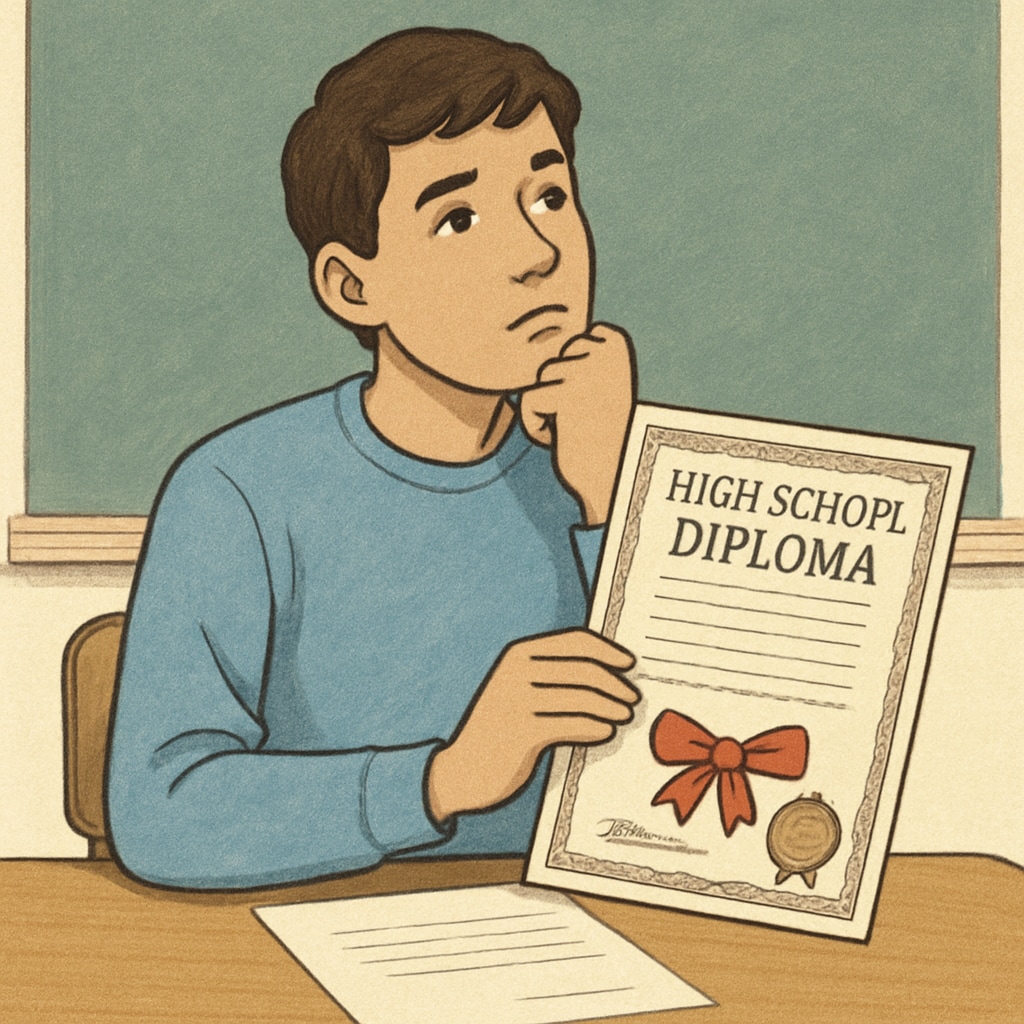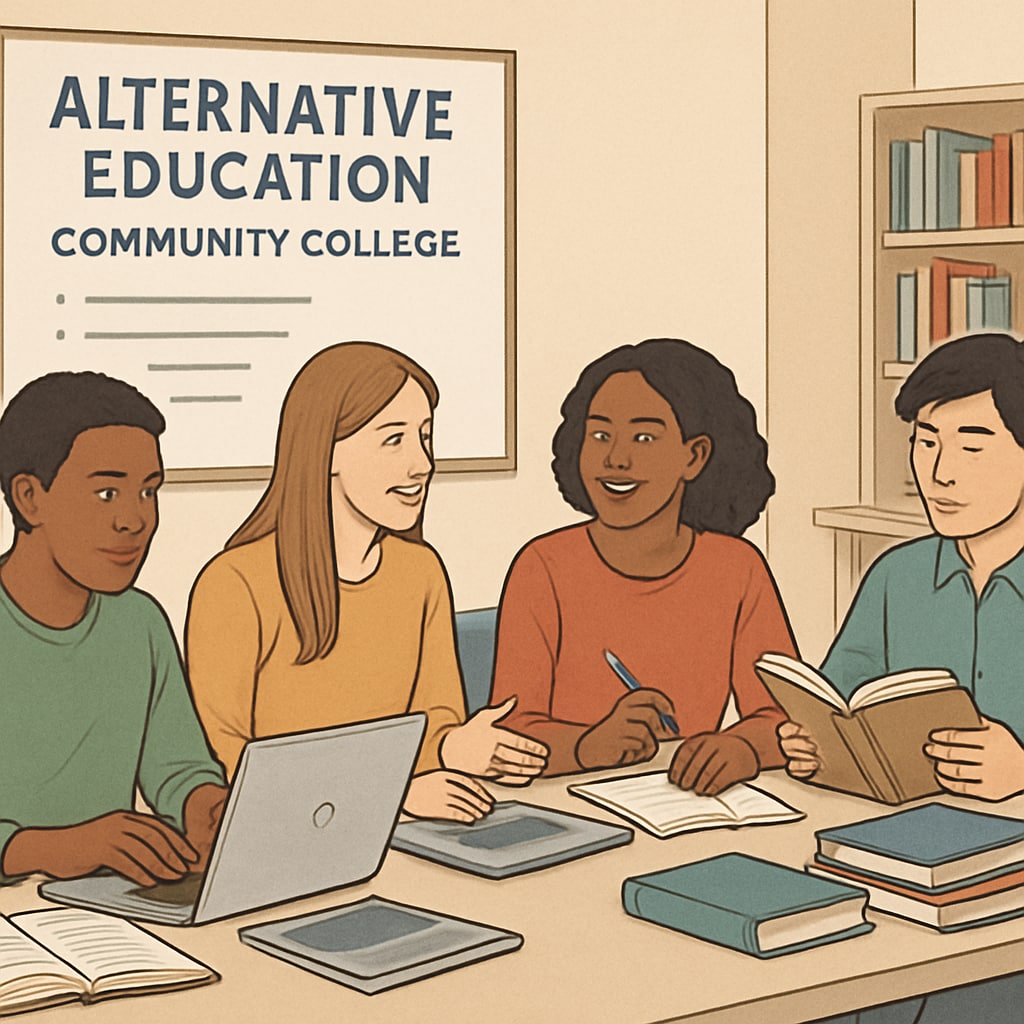For many students, obtaining a modified high school diploma can bring mixed feelings of relief and regret. While it represents the completion of high school, it often comes with limitations that might affect future opportunities. These regrets, tied to past academic choices, can weigh heavily on young minds. However, learning to process these emotions and understanding the options available to move forward are key steps in navigating this complex journey.

Understanding the Impact of a Modified High School Diploma
A modified high school diploma is typically awarded to students who completed alternative coursework or met adjusted graduation requirements. While it allows students to graduate, it may not meet the standards of traditional diplomas for certain colleges, scholarships, or career paths. For example, Britannica’s overview of high school education highlights how diploma types influence post-secondary opportunities.
The emotional impact of receiving a modified diploma can be significant. Students may feel regretful about missed opportunities or compare themselves to peers with traditional diplomas. These feelings, though natural, should not define one’s future. Instead, they can serve as a catalyst for growth and change.
How to Cope with Regret and Move Forward
Regret often stems from the belief that past actions have permanently limited future choices. However, there are practical ways to address these feelings and overcome the challenges posed by a modified diploma:
- Reassess Goals: Reflect on personal interests and long-term aspirations. This helps determine whether further education, training, or a specific career path is worth pursuing.
- Explore Alternative Education Paths: Consider options like community colleges, vocational schools, or adult education programs that accept modified diplomas. Many institutions provide pathways to higher education and skill development.
- Gain Experience: Focus on building work experience, internships, or certifications that demonstrate competence and increase employability.
- Seek Professional Guidance: Career counselors and education advisors can offer personalized advice on overcoming obstacles and finding new opportunities.
For students feeling overwhelmed, it’s helpful to remember that success is not defined by a single decision or diploma type. Many successful individuals have forged unique paths despite setbacks.

Embracing Change and Finding New Opportunities
While a modified high school diploma might feel limiting, it’s important to recognize that it doesn’t close every door. In fact, it can open new opportunities that align better with individual strengths and interests. According to Wikipedia’s article on education in the United States, adult education programs and continuing education initiatives have helped countless individuals redefine their careers and academic paths.
Students should embrace the idea of lifelong learning. For example, enrolling in night classes, online programs, or specialized certifications can help bridge gaps in education and boost confidence. Additionally, networking with professionals and mentors in desired fields can provide valuable insights and connections.
Finally, cultivating a growth mindset is essential. Viewing challenges as opportunities for learning and improvement can transform regret into resilience, helping students move forward with renewed purpose.
Conclusion: Turning Regret into Motivation
Obtaining a modified high school diploma might initially feel like a setback, but it’s far from the end of the road. By understanding its limitations and exploring alternative paths, students can overcome regret and build a fulfilling future. Remember, a diploma does not define a person’s worth or potential—it’s the determination to grow and succeed that truly counts.
For anyone struggling with regrets over their modified diploma, take heart: the journey of self-improvement and exploration is always open, regardless of past decisions. It’s never too late to rewrite your story and achieve your dreams.


